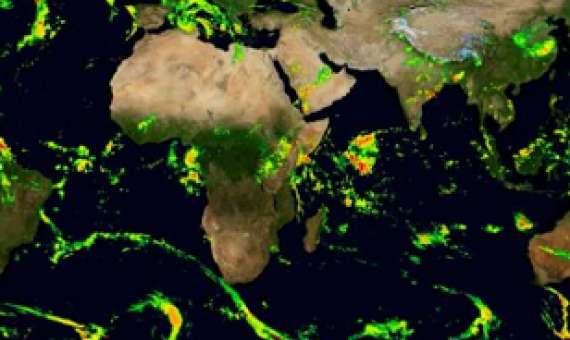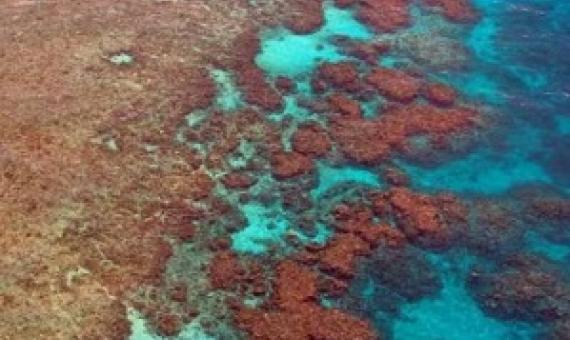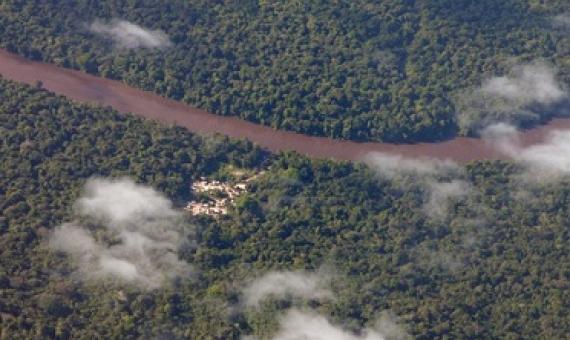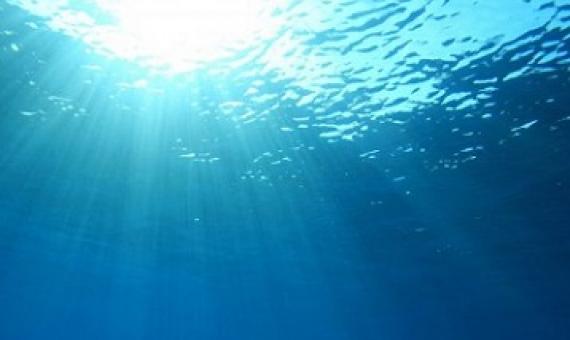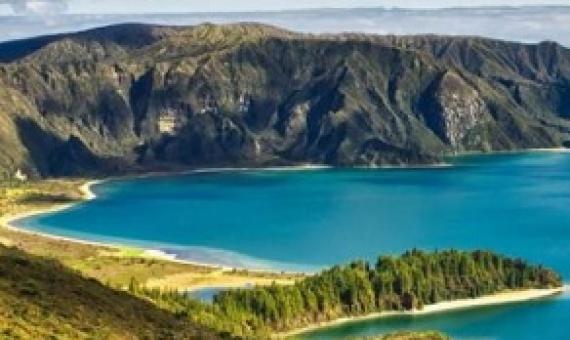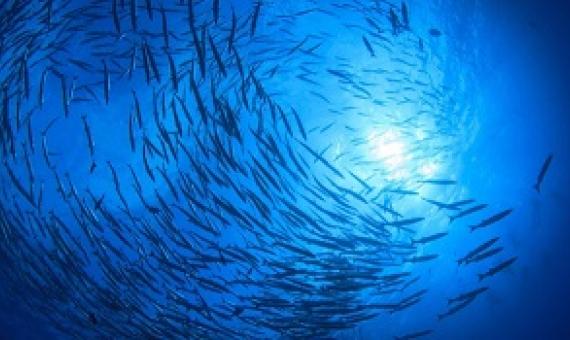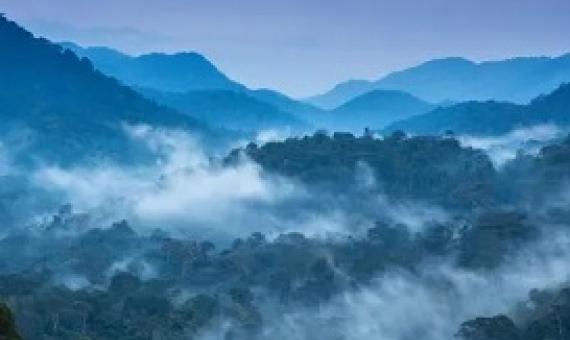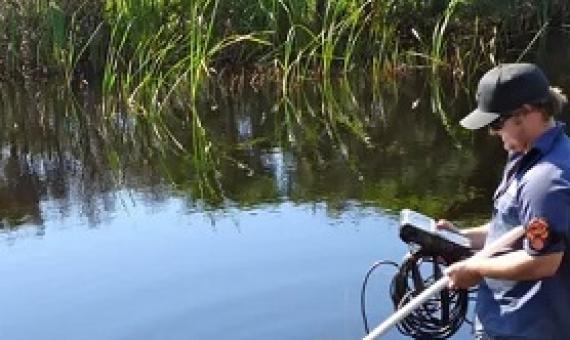Earth is a pale, blue dot when seen from space. Its blue color is due to our home planet being 71% covered in water. NASA monitors Earth's water from space, the skies, ground stations on land, ships sailing the seas and even with apps on mobile phones.
A new international study led by Monash University climate scientists has found reef sand is dissolving much quicker than previously thought due to the impact of microbes. The study, published recently in Geochimica et Cosmochimica Acta, was led by Dr.
Motivations to Support Marine Conservation Projects in North Tarawa, Kiribati
Local communities’ support for resource conservation projects are essential for their success. Nevertheless, in the Pacific Island countries, many community-based conservation (CBC) projects remain ineffective due to the lack of community members’ engagement. To better understand the motivations of local community members to support resource conservation projects; this research looks at the four community-based conservation sites in North Tarawa, Kiribati.
While governments the world over are intensifying their fight against the Covid-19 pandemic, an often-neglected, if not repressed, demographic is suddenly entering the limelight: indigenous populations.
Here we document the recovery of marine populations, habitats and ecosystems following past conservation interventions.
As COVID-19 spreads across the globe, a common question is, can infectious diseases be connected to environmental change? Yes, indicates a study published today from the University of California, Davis' One Health Institute.
A warming global climate could cause sudden, potentially catastrophic losses of biodiversity in regions across the globe throughout the 21st century, finds a new UCL-led study.
Often considered desolate, remote, unalterable places, the high seas are, in fact, hotbeds of activity for both people and wildlife.
Scientists have shown to be true what JRR Tolkien only imagined in the Lord of the Rings: giant, slow-reproducing trees play an outsized role in the growth and health of old forests. In the 1930s, the writer gave his towering trees the name Ents.
Water in estuaries along 1,100km of Australia’s south-east coast warmed by more than 2C between 2007 and 2019, a new study finds.The rapid change could have negative effects on fisheries and aquaculture, as well as impact coastal vegetation such as mangroves, scientists behind the study said.&nbs

